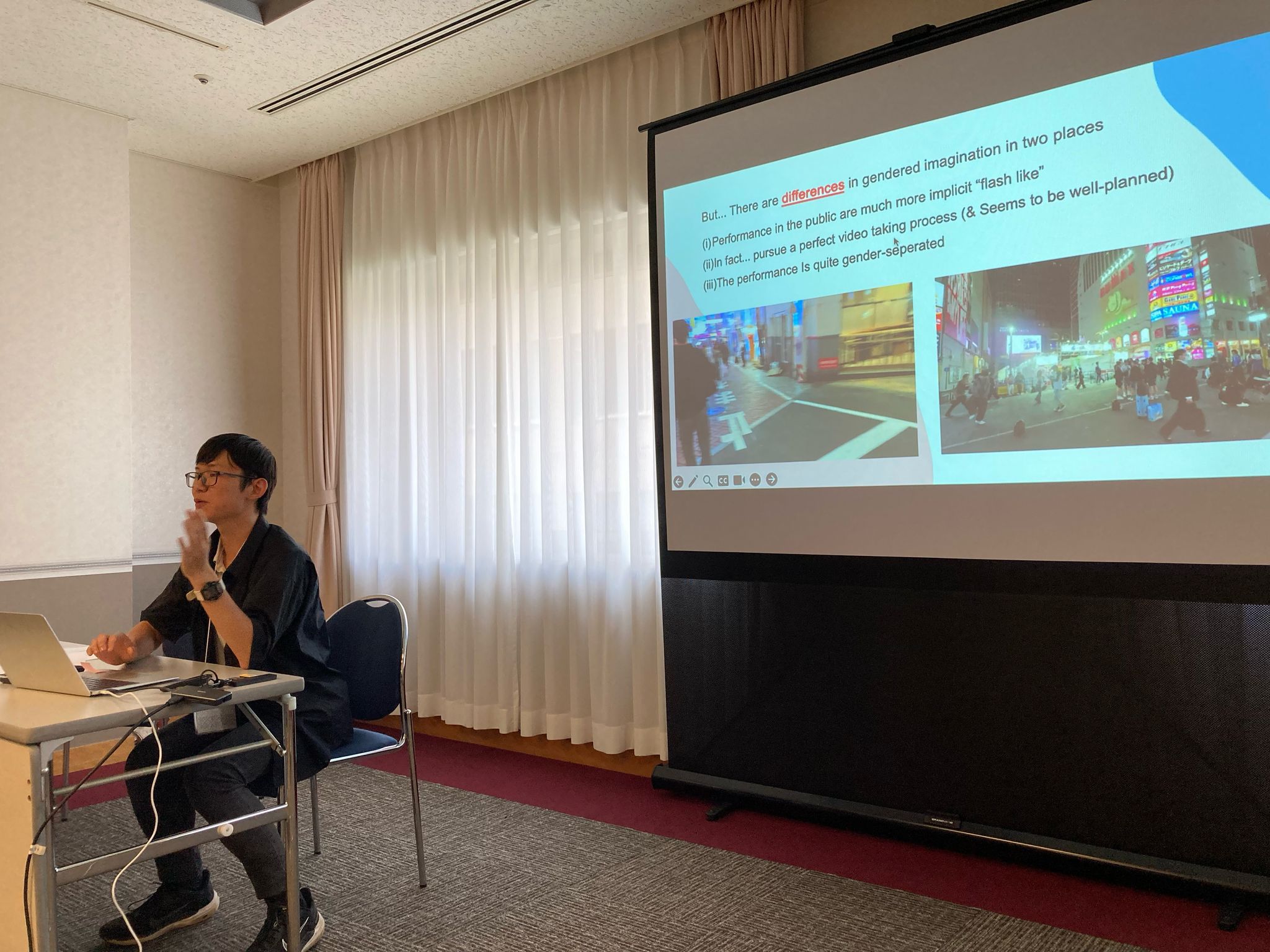As Cheung Ka-long won the men’s foil in the Tokyo Olympic Games on 26th July 2021, I was greatly inspired by his success as an elite athlete in Hong Kong who dares to dream. Surrounded by newspaper headlines that congratulated Ka-long for “creating history” and featured him as the “fencing god”, I could not escape this craze and got myself enrolled in ‘significantly’ more sports interest classes at CUHK!!! Yet, my Sociological Imagination starts to kick in – I also noticed Tokyo Paralympic medalists, like Chan Ho-yuen who won a bronze medal in badminton and ranked 2nd in World that year, received much less public attention. Such unequal treatment and the territory-wide Medals-craze have motivated my interest in the study of Sport Sociology.
Aside from sports, I am keen on exploring the connection between sociology and sustainable development. For example, apart from a housing shortage and poverty issues that we, as Hongkongers frequently pay a lot of attention to, there are other SDGs that demand our immediate attention with actions in both local and global contexts: gender inequality, poor educational quality, environmental destruction, and climate change. The Sociology Department offers a wide range of courses that address these contemporary issues, which has not just broadened my horizons but also equipped me with the critical thinking and independent skills to analyze and solve global issues from interdisciplinary perspectives.
Another strength of the Sociology Programme that I found most relevant to my career, is its up-to-date training in qualitative and quantitative research methods. For example, groups of students can have a taste of applying the latest statistical and computational methods to analyze and visualize data in the computer lab (SOCI3229 Quantitative Data Analysis, SOCI3238 Digital Sociology) during class, while enjoying the social encounters in doing ethnographic research for another course (SOCI3231 Qualitative Research) in the community. The diverse training enables me to be a student research assistant in the Hong Kong Institutes of Asia- Pacific Studies (HKIAPS) since January 2024 and ultimately pursue a postgraduate degree.
As sociology students, we are also aware of the significance of social networks. In this regard, our Sociology Department offers a summer internship programme that enables us to meet new friends, gain work experience and explore areas that we are interested in. For instance, I have a memorable experience working as an intern at UNISON and Midnight Blue in the previous two year. Learning about the educational and financial difficulties that ethnic minorities and sexual minorities are experiencing refreshed my sociological knowledge of how capital is convertible in various fields. I also benefit a lot from the supervisors, who constantly enlightened me with their valuable comments and life-inspiring experience! Furthermore, I participated in a four-month exchange program at Kyushu University in Japan, where I not only studied Japanese society and language but also enjoyed extracurricular activities like fencing and hiking, especially the summer camp at Central Japanese Alps (中央アルプス) in Nagano!
Overall, studying at CUHK has significantly broadened students’ horizons and equipped us with critical thinking skills to understand complex global problems academically, but also enjoy a wonderful university life. I am on track to graduate from CUHK with First Class Honours, having completed four minors in Geography and Resource Management, Japanese Language, Japanese Studies, and Physical Education, Exercise Science, and Health. I am also pleased to have been admitted to the MPhil programme in our department, where I will continue my academic journey in sociology starting in August 2025. I am excited to embark on this two-year postgraduate study and further deepen my engagement with the field.








